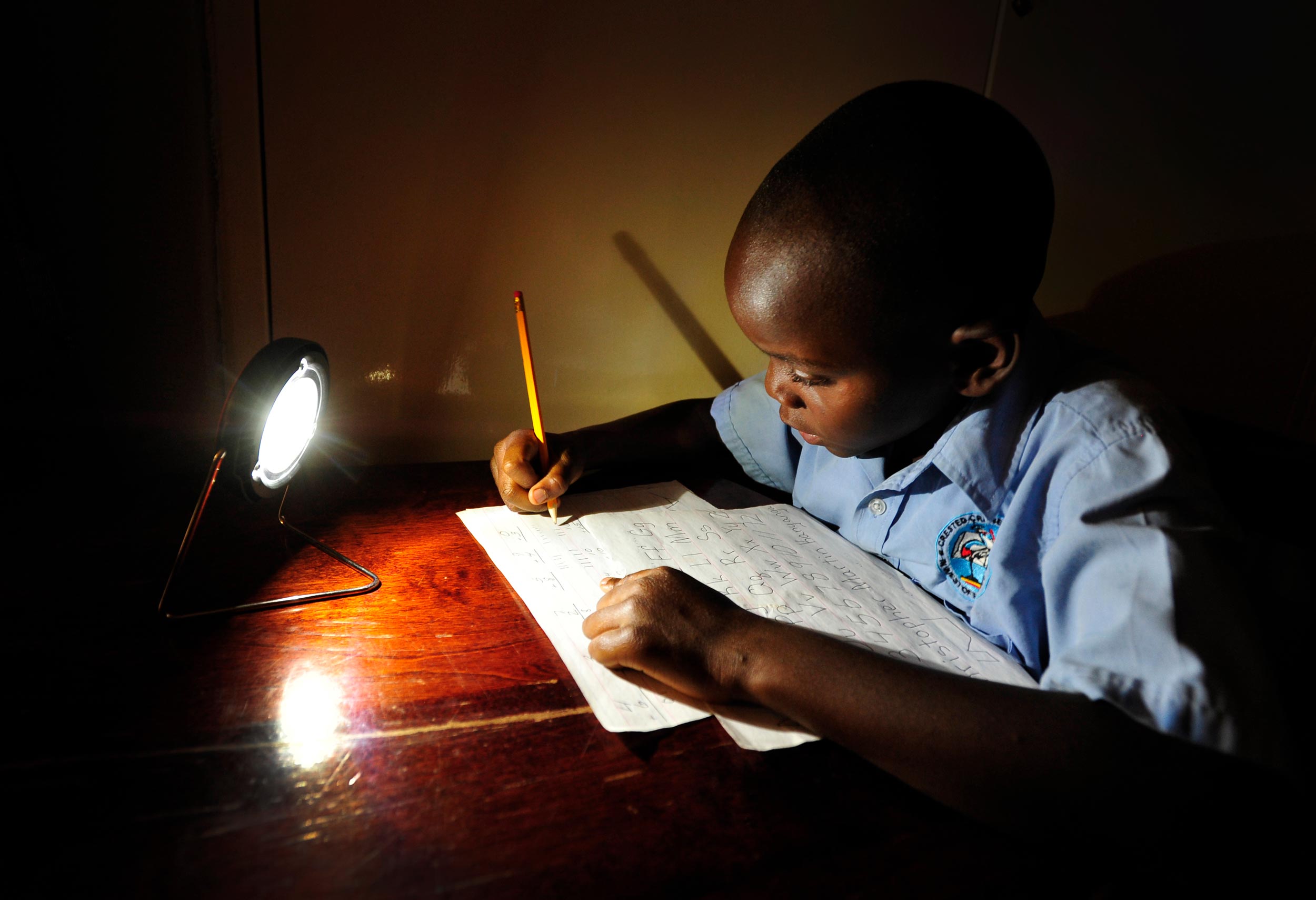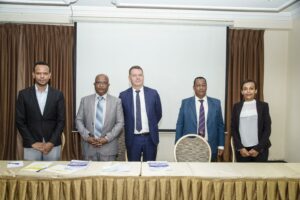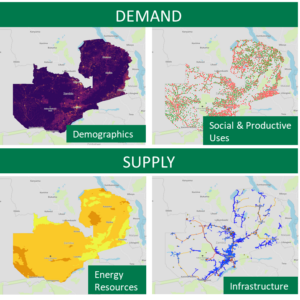Whether universal energy access (SDG 7) will be achieved by 2030 remains in question. What is not in question is that the pandemic has exposed that without inclusion of off-grid technologies in the energy mix, attainment of universal energy access will be a mirage.
Access to affordable quality solar off-grid solutions continue to be a major barrier across ACE TAF countries. The Covid-19 pandemic has also highlighted the need for energy access to deliver critical health care including electrification of healthcare centres and cold chain management for vaccines, provide solutions that address food security, expand channels for educational content and create avenues for income generating activities for vulnerable groups using a nexus approach.
To assess the state of the stand alone solar (SAS) market, ACE TAF conducted market assessments at the end of 2020 to understand the impact Covid-19 had on the sector but also to clearly identify what opportunities had arisen or continue to be viable to explore further. The market updates and summaries are available on our website: SAS Knowledge Hub
Whether universal energy access (SDG 7) will be achieved by 2030 remains in question. What is not in question is that the pandemic has exposed that without inclusion of off-grid technologies in the energy mix, attainment of universal energy access will be a mirage. Across board, the pandemic has caused the number of households with low income levels to increase and the level of poverty has risen making even more families to descend into the vulnerable groups. This has broadened the addressable market for off-grid solar equipment. However, many of the households will be better served through well designed Demand Side Subsidies as affordability continues to limit access for these vulnerable groups.
Various responses by Governments across the continent to the pandemic have given rise to other opportunities for the sector based on the context and priority of the governments. While in some countries no lock downs were declared, other countries, having assessed the effect of varying degrees of economic slowdowns have formulated detailed economic recovery plans some of which include the use of off-grid technology due to the ease of its deployment. Government support will continue to play a key role in the sector. Perhaps this has been one of the most exciting outcomes or silver lining of the pandemic.
Although overall the sector saw a dip in the deployment of stand alone solar systems, its resilience was critical for it to continue to provide essential services to millions of customers who required support and continued service. It was therefore noted in several countries that the need for investment in the sector had increased. ACE TAF conducted a deep dive in Nigeria, Sierra Leone and Ethiopia which clearly shows the investment required to achieve energy access and the current level of investment. You can find this in the investment maps (SAS Knowledge Hub ). The much-needed investments should be focused on scaling up local companies which have less opportunities to access international funding and investors. To this end ACE TAF is exploring together with IFC whether, if funding was indeed available, the companies were investor ready. There was also a concerted effort by various funders to put together Covid-19 recovery funds some of which are now available in some countries.
The role of the national industry associations in engagement with policy makers and advocating for the sector has continued to grow in importance. Whereas the level of maturity of the associations is diverse, governments are increasingly engaging with the private sector through these associations.
We also explored the potential for local manufacturing of off-grid solar markets. In the ACE TAF study conducted in Nigeria, Zambia, Rwanda, Tanzania and Ethiopia reveals that there are not enough incentives to attract manufacturers to those markets or a case for such ventures being economically viable in the existing policy framework. The soon to be published paper has more details on this.
So as to explore the opportunities in all of the fourteen ACE TAF countries (Senegal, Sierra Leone, Ghana, Nigeria, Ethiopia, Somalia, Kenya, Uganda, Tanzania, Rwanda, Zambia, Zimbabwe, Mozambique and Malawi), ACE TAF has organised regional workshops for an more in depth discourse.
The West African Workshop was held on 4th February 2021. This was followed by the East African Workshop 11th March 2021, while the Southern Africa Workshop wound up the three part series on 18th March 2021.
There are plenty of opportunities for the growth of the sector and new avenues to be explored to diversify the current offering and provide much needed solutions in African countries. ACE TAF continues to identify and provide information on these emerging opportunities to the off-grid sector.











April 1, 2023, 00:06
En iyisi, sevinmeyi öğrenelim; böylece başkalarına acı vermeyi ve acıları düşünmeyi unuturuz. -Friedrich Nietzsche